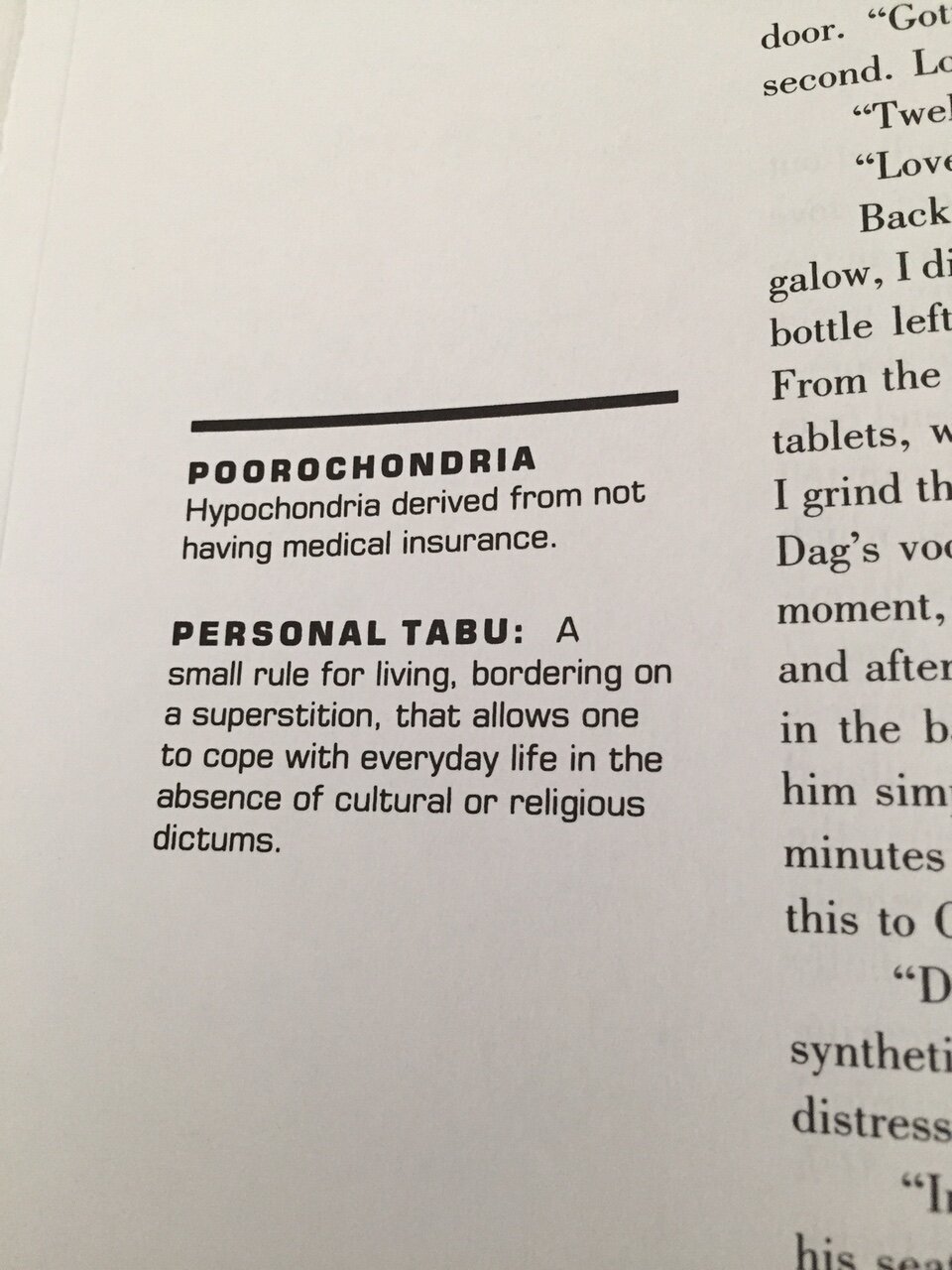Classic Book Review : Douglas Coupland - Generation X: Tales for an Accelerated Culture (1991)
* Follow me on: Facebook - Twitter - Instagram *
Generational conflict is not a new idea. Since rock n’ roll became a thing in 1951, flipping the bird at your parents and what they represent also became cool. But with culture accelerating the way it does, generational fragmentation is turning into somewhat of a gigantic clusterfuck and we’re allowed to legitimately ask ourselves where the fuck does it all comes from. There might not be any right or wrong answer, but a certain novel has something to do with it.
Douglas Coupland’s Generation X: Tales for an Accelerated Culture did not invent generation X, but it gave it a name and made it OK to rebel against those who were once rebellious rock n’ roll kids.
In a nutshell, Generation X: Tales for an Accelerated Culture is the fragmented story of Andy, Dag and Claire, three friends who turned their back on conventional living. They tell each other stories, try to explain to one another where they come from and try to find their place in the world away from the nuclear family/9-to-5 office job model that seems like a mirage to them because of unemployment, middle-aged boomers and other problems no one else had to face.
Alternate Reality Youth Novel
It’s really weird to read Generation X: Tales for an Accelerated Culture for the first time in 2021 because it was conceptualized, written and released before the great paradigm shift of our era: the commercialization of internet. So, it’s oddly dated and has a lot more in common with novels like Jack Kerouac’s On The Road than it does with anything that came after 1994. It’s a novel about kids who were preparing to live in a very different world.
I mean, it’s nobody’s fault. No one could expect a brand new economy to blossom out of nowhere and rescue an entire generation of otherwise dead end young adults. But that doesn’t mean every idea in Generation X is dated. In fact, it’s a surprisingly pertinent, unifying novel to read in 2021. Reading the frustration of young gen Xers not being able to secure decent employment and struggle against shitty, constantly changing expectations is enlightening.
We tend to belittle other generation struggles because the world is changing fast and we’re wildly different from one another, but we’re mostly rebelling against the same thing. The same noxious, monolithic two-kids-and-a-house-in-the-suburbs we’re supposed to want. Gen Xers wanted to free themselves from it financially, millennials and zoomers want to free themselves from it socially and sexually, but we all hate the same thing. I didn’t always understand how much.
Zeitgeist Shmeitgeist
So, is this some voice-of-a-generation thing that will help you better understand your angry, edgy older brother who listens to the same three old Social Distortion albums in his car since he turned 21? The one that categorizes everything as to whether it’s punk or not? Not quite. Generation X’s legacy is mainly to have named something that didn’t feel quite right in the culture. Kurt Cobain, Kevin Smith, Bret Easton Ellis and others have made a better case since.
The banter novel might’ve been extremely groundbreaking thirty years ago. I was alive then, but not exactly informed about the zeitgeist. I do remember that mainstream tongue-in-cheek self-aware stuff wasn’t nearly at popular as it has been ever since. The existential plight of Andy, Dag and Claire doesn’t exactly sound date or silly in 2021, but it does sound like something everyone under 50 years old has been experiencing for the last thirty years.
It’s like Marilyn Manson, right? He was shocking and inescapable when he first took popular culture by storm, but we’ve been so challenged, shocked and traumatized since that he’s become some kind of weird, pervy uncle (who’s probably going to jail) since. It’s what I think happened to Generation X. Anyone under 25 reading this book will be like: oh well, that’s the story of normal people my age, wanting normal stuff. It ends weird.
*
So, is Generation X: Tales for an Accelerated Culture a classic? Kind of. In its own way. It didn’t age as gracefully as other novels of its era, but it still oddly had a purpose today. It might not be the exciting banter novel you were promised (especially that the banter is mostly written out of context, in the literal margins), but it still builds bridge between its generation and ours. Bridges we could use to make the world a better place than it is now.








